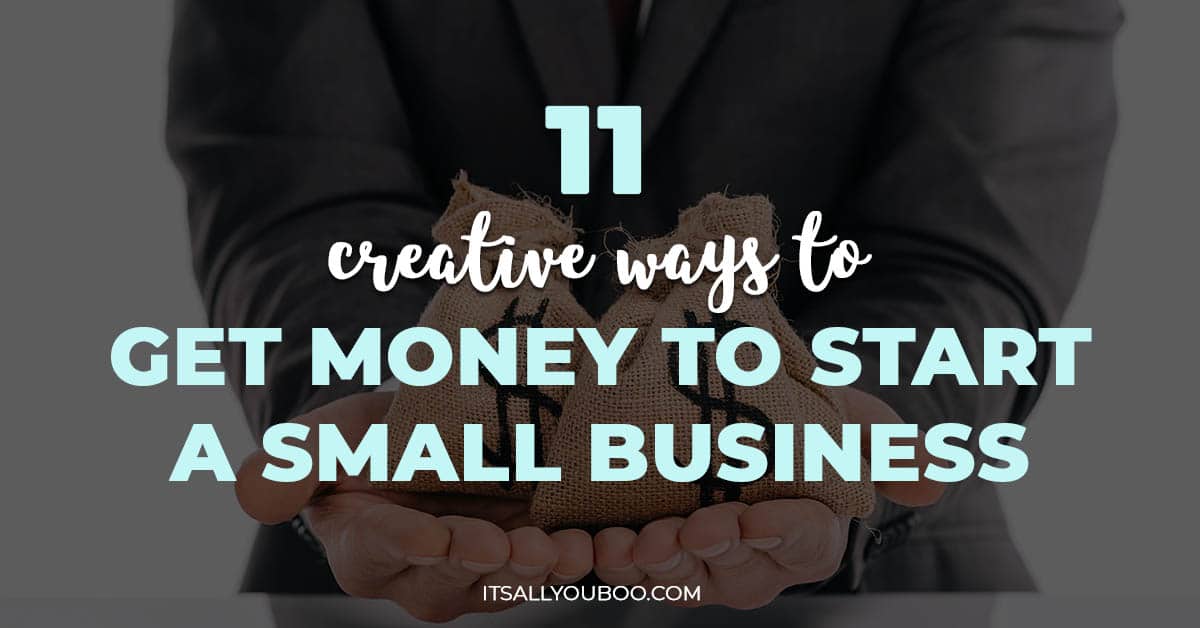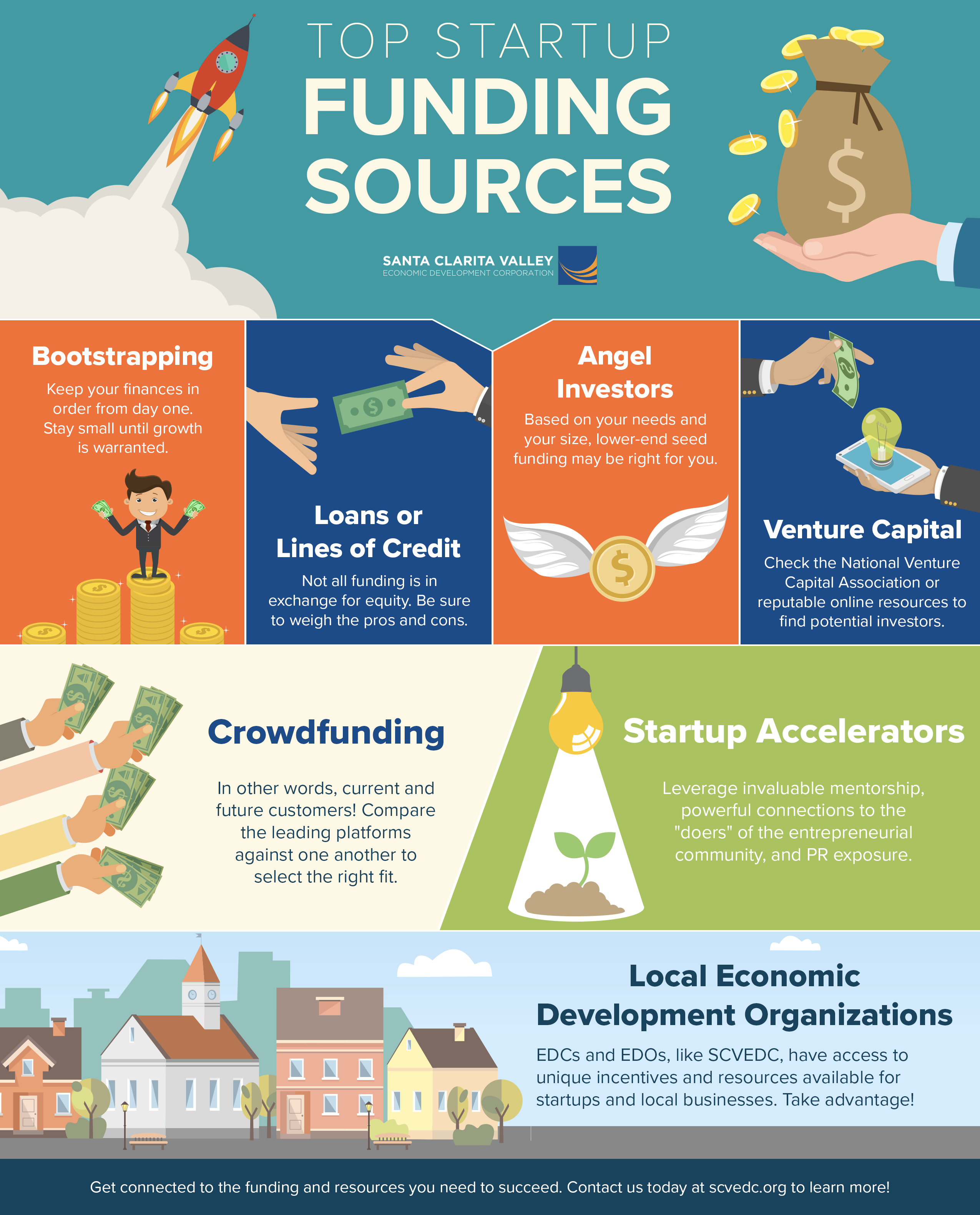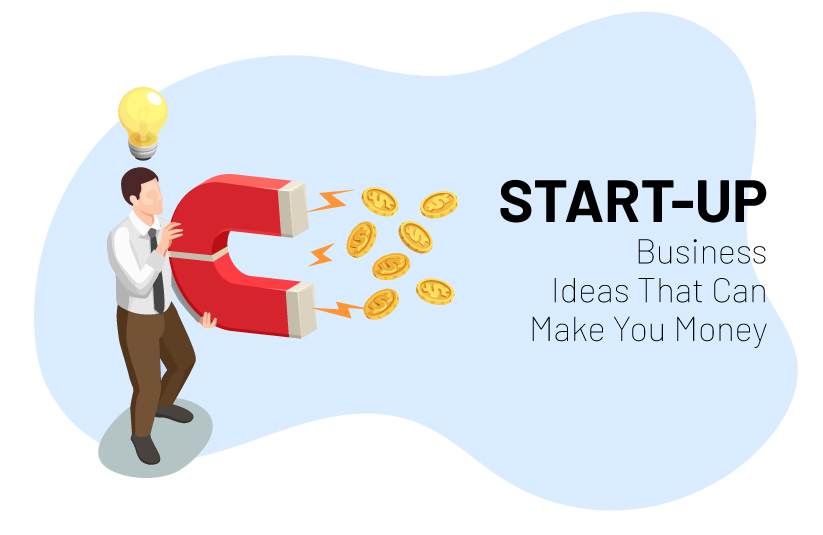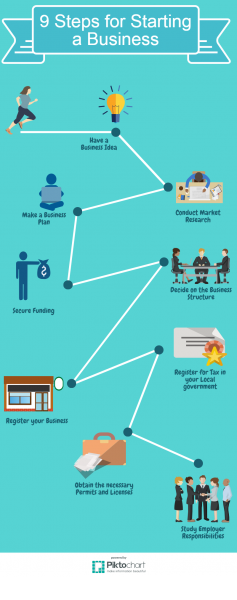How Do I Get Money To Start A Business

The burning desire to launch a startup often crashes against the cold, hard reality of funding. Many aspiring entrepreneurs find themselves stalled at the starting gate, their brilliant ideas gathering dust due to a lack of capital. Securing the necessary financial resources to transform a vision into a viable business is a significant hurdle, but it's far from insurmountable.
This article serves as a comprehensive guide, dissecting the multifaceted landscape of startup funding. It explores diverse avenues for securing capital, from bootstrapping and personal loans to venture capital and government grants. We'll delve into the pros and cons of each option, offering practical advice to navigate the financial complexities of launching a successful business.
Bootstrapping: The Self-Funded Path
Bootstrapping, or self-funding, involves using your own savings and resources to finance your startup. This approach allows entrepreneurs to maintain complete control of their company, avoiding the need to answer to external investors. It also instills a strong sense of discipline and resourcefulness.
However, bootstrapping can be challenging, requiring significant personal sacrifices and potentially limiting growth. Many entrepreneurs start by reducing personal expenses, taking on side hustles, or selling personal assets. It's a marathon, not a sprint, so patience and frugality are key.
Loans: Borrowing to Build
Securing a loan, whether from a bank, credit union, or online lender, is a common way to finance a startup. Small Business Administration (SBA) loans, backed by the government, often offer more favorable terms and lower interest rates than traditional loans. This reduces the repayment burden on the new businesses.
Personal loans can also provide a quick source of funds. However, lenders typically require a solid credit history and a detailed business plan. Failure to repay can damage your credit score and jeopardize your personal assets.
Friends, Family, and "Fools": Leveraging Personal Networks
Turning to friends and family for funding is another option, often referred to as "friends, family, and fools." While this can provide a valuable early-stage boost, it's crucial to approach these relationships with care. Formalize the arrangement with a written agreement outlining the terms of the investment or loan.
Mixing personal relationships with business can be tricky, and it's essential to manage expectations and communication effectively. Transparency and clear agreements are key to preserving relationships and avoiding future conflicts.
Angel Investors: Experienced Backers
Angel investors are high-net-worth individuals who invest in early-stage companies in exchange for equity. They often provide not only capital but also valuable mentorship and industry connections. Many angels are successful entrepreneurs themselves, bringing expertise and insights to the table.
Finding angel investors requires networking and pitching your business plan effectively. Angel investment networks and platforms connect entrepreneurs with potential investors. Be prepared to relinquish a portion of your company's ownership and decision-making power.
Venture Capital: Fueling Rapid Growth
Venture capital (VC) firms invest in high-growth potential startups in exchange for a significant equity stake. VC funding is typically larger than angel investments and is often used to scale rapidly, expand into new markets, or acquire other companies. Venture capitalists bring not only money but often strategic and operational expertise to the business.
Securing VC funding is highly competitive. Venture capitalists look for experienced teams, disruptive ideas, and a clear path to profitability. Be prepared for intense scrutiny and a thorough due diligence process.
Crowdfunding: Tapping the Crowd
Crowdfunding platforms like Kickstarter and Indiegogo allow entrepreneurs to raise capital from a large number of individuals, often in exchange for rewards or early access to products. This can be an effective way to validate your idea and build a community around your brand.
Successful crowdfunding campaigns require careful planning, compelling storytelling, and effective marketing. You need to convince potential backers that your project is worth supporting. It’s important to offer tangible value in exchange for their contributions.
Government Grants and Programs: Public Support
Government agencies often offer grants and programs to support small businesses and startups, particularly those focused on innovation or addressing social needs. These programs can provide non-dilutive funding, meaning you don't have to give up equity.
The application process for government grants can be complex and competitive. Thorough research and a well-written proposal are essential. The Small Business Administration (SBA) is a valuable resource for finding information on government funding programs.
The Future of Startup Funding
The landscape of startup funding is constantly evolving, with new platforms and models emerging. Alternative funding options, such as revenue-based financing and venture debt, are gaining popularity. As technology advances and markets shift, the ways entrepreneurs access capital will continue to adapt and diversify.
Ultimately, securing funding is just one piece of the puzzle. A compelling idea, a strong team, and a well-executed business plan are equally crucial for success. The path to funding a startup is rarely easy, but with persistence, creativity, and a clear understanding of the available options, entrepreneurs can overcome the financial hurdles and bring their visions to life.









![How Do I Get Money To Start A Business Beginner's Guide For How To Start A Startup [Infographic] | Bit Rebels](http://www.bitrebels.com/wp-content/uploads/2013/07/how-start-a-startup-infographic.png)






![How Do I Get Money To Start A Business How to Start a Business: A Startup Guide for Entrepreneurs [Template]](https://blog.hubspot.com/hs-fs/hubfs/tips-for-starting-a-business.png?width=1125&name=tips-for-starting-a-business.png)

